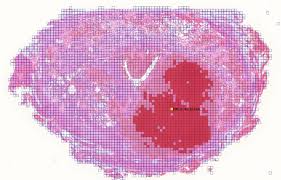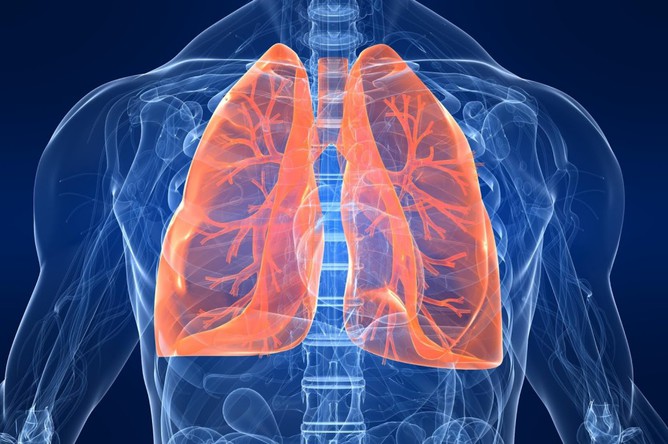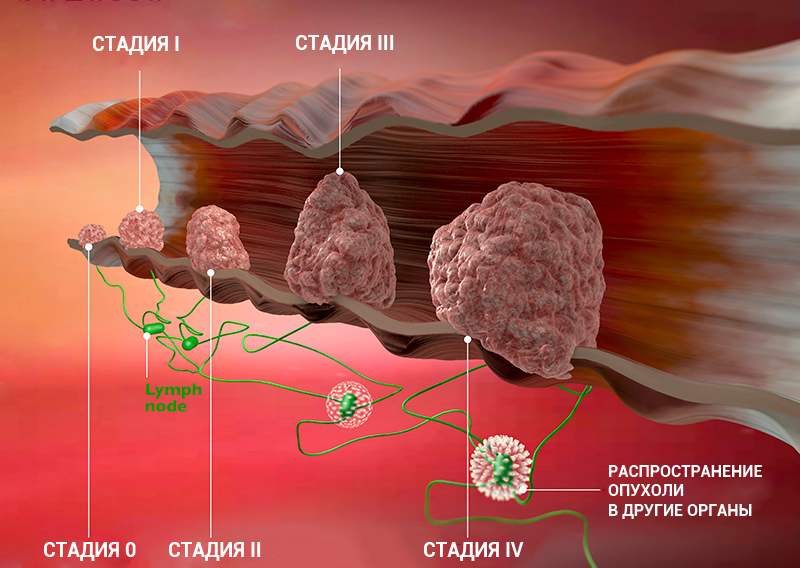Cancer is a disease that begins with a mutation…
To determine the stage of a cancerous tumor is the most important condition …
The main factors that can cause cancer…
To determine the stage of a cancerous tumor is the most important condition …
More about cancer
What is cancer?
Cancer is a disease that begins with a mutation, when the somatic cell of the body begins to divide uncontrollably, grow. Normally, the cells of the body work according to their biological clock with a working mechanism.
This biological clock knows exactly where and when the cell needs to divide, grow, mature, age and when the cell dies. This is what constitutes the life cycle of a cell, the so-called cell cycle. In a cancer cell, this mechanism is damaged.


What factors can affect the occurrence of cancer?
The main factors that can cause cancer:
– Heredity (genetic predisposition) – statistically significantly increases the risk of developing certain types of cancer.
-Exposure to a wide range of physical and chemical carcinogens. Among them are ultraviolet (solar) exposure, radiation, electromagnetic exposure, tobacco smoke, aromatic hydrocarbons, aldehydes and polyphenols, metals (chromium, zinc, asbestos, lead, arsenic), polymers.
– The presence in the diet of “harmful” products, which contain different types of dyes, GMOs, synthetic preservatives, stabilizers.
– Abuse of alcoholic beverages.
– Biological agents (oncoviruses). Among them are papilloma virus, herpes, adenoviruses, hepatitis B and C viruses.
– Immunodeficiency states.
– Metabolic disorders and hormonal imbalance.
-Frequent psychotraumas (stress, depressive states).
-Minimum mobility and more.
What are the stages of cancer?
To determine the stage of a cancerous tumor is the most important condition:
• cancer diagnostics;
• understanding the level of tumor prevalence and its localization;
• choice of treatment methods for the patient;
• assessment of the results of therapy;
• prediction of survival and control of the effectiveness of the treatment process. Currently, the generally accepted TNM classification, which takes into account 3 components:
• T – determines the prevalence of the neoplasm, its size, germination in the surrounding tissues (T0 – T4).
• N – informs about the presence of metastases in the lymph nodes (N0 -N3).
• M – indicates the presence of metastases in various organs (M0 – M1). On the basis of the classification of the tumor by TNM, the diagnosis of the stage of the cancer as a whole is carried out. However, for each tumor localization, there are additional requirements for examining the patient and determining specific parameters. Stage 0. (“Cancer in situ”). Does not go beyond the boundaries of the epithelium, the tumor is located at the site of formation.


Stage I. The boundaries are expanded within the tissue of the affected organ, the tumor does not penetrate into nearby lymph nodes/tissues.
Stage II – III. The tumor has penetrated deep into the tissues and regional lymph nodes, but other parts of the body have not yet been affected.
Stage IV Terminal stage with organ damage. Metastases appear in distant organs, distant lymph nodes are affected.
The estimated survival of patients at a particular stage of the disease is estimated according to reliable data from statistical studies.
Statistical data allow you to estimate the overall / relative median survival and the average duration of remission. Oncologists do not get tired of repeating that if cancer is detected in the early stages, in many cases it is curable.
Clinical researches



